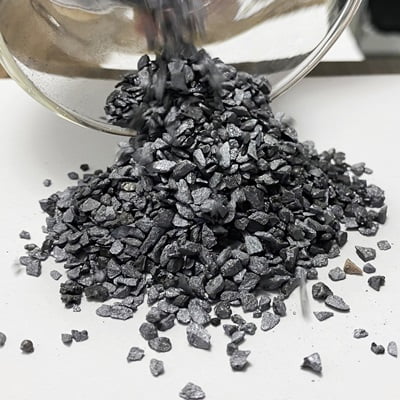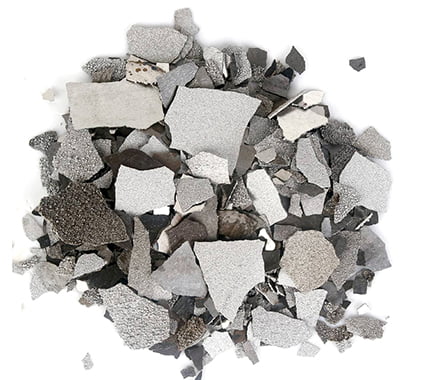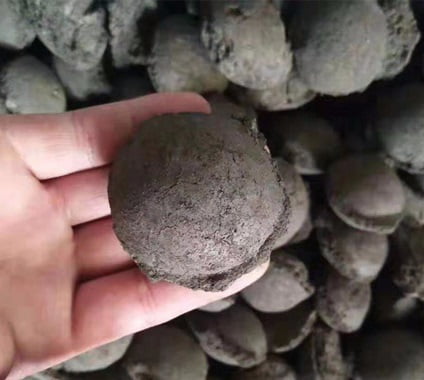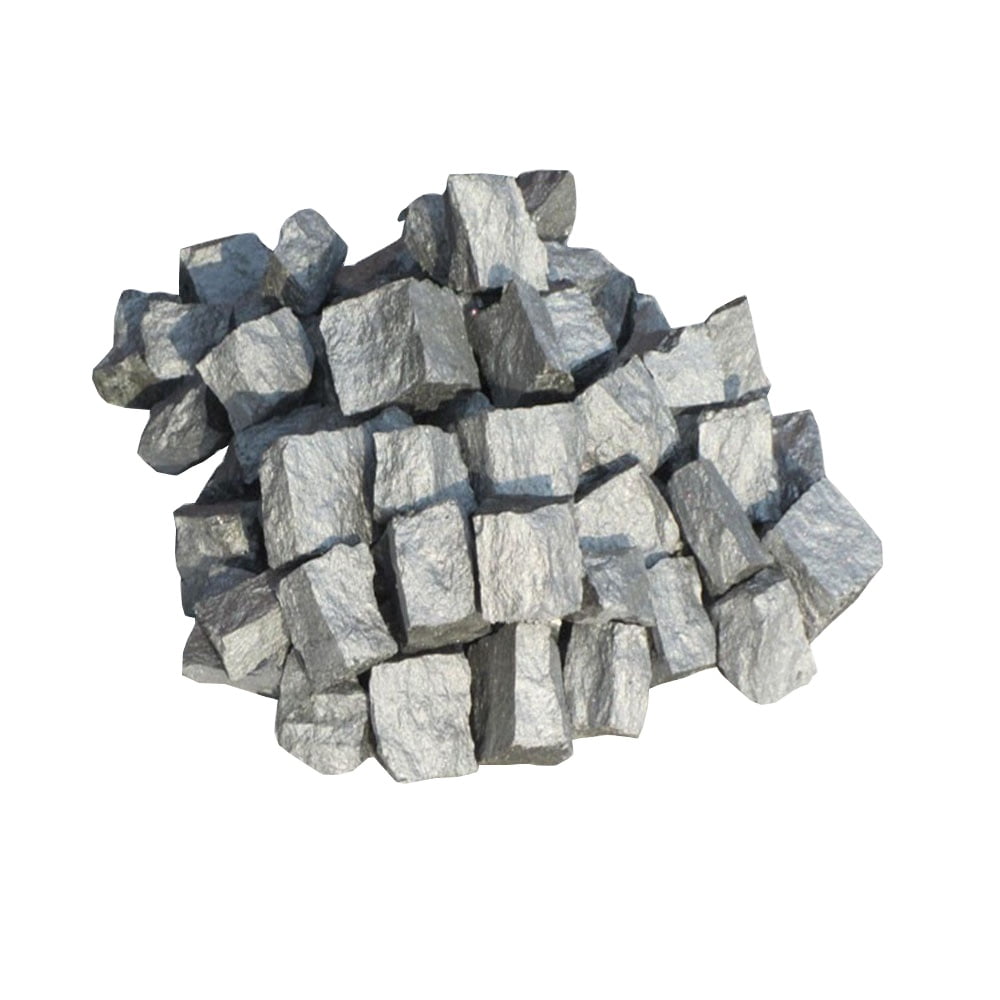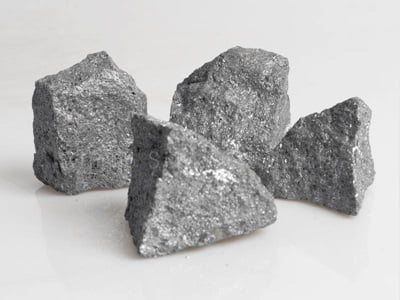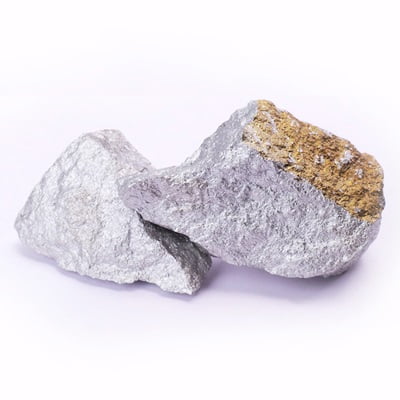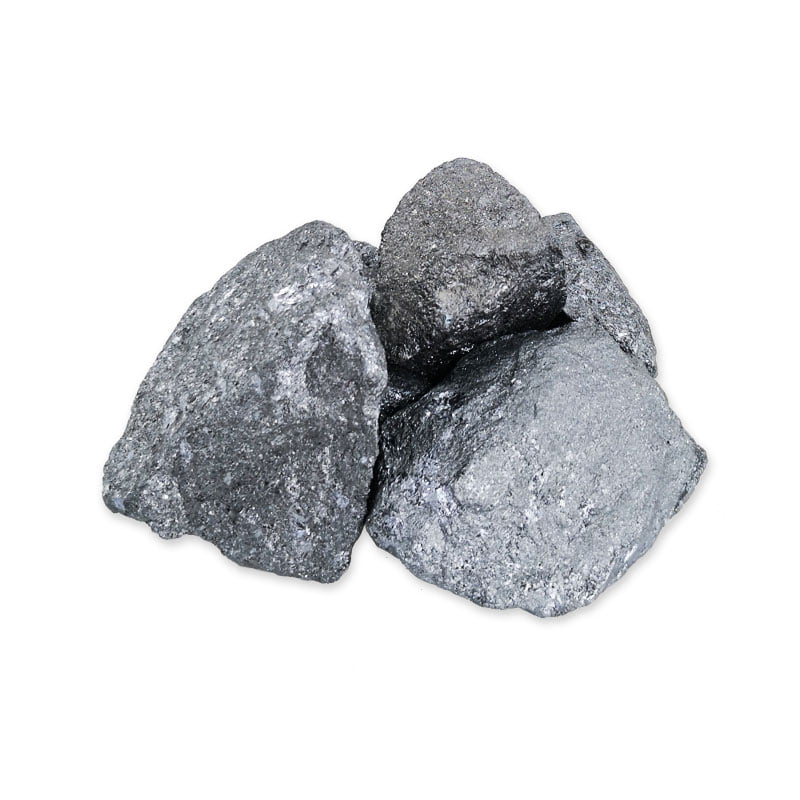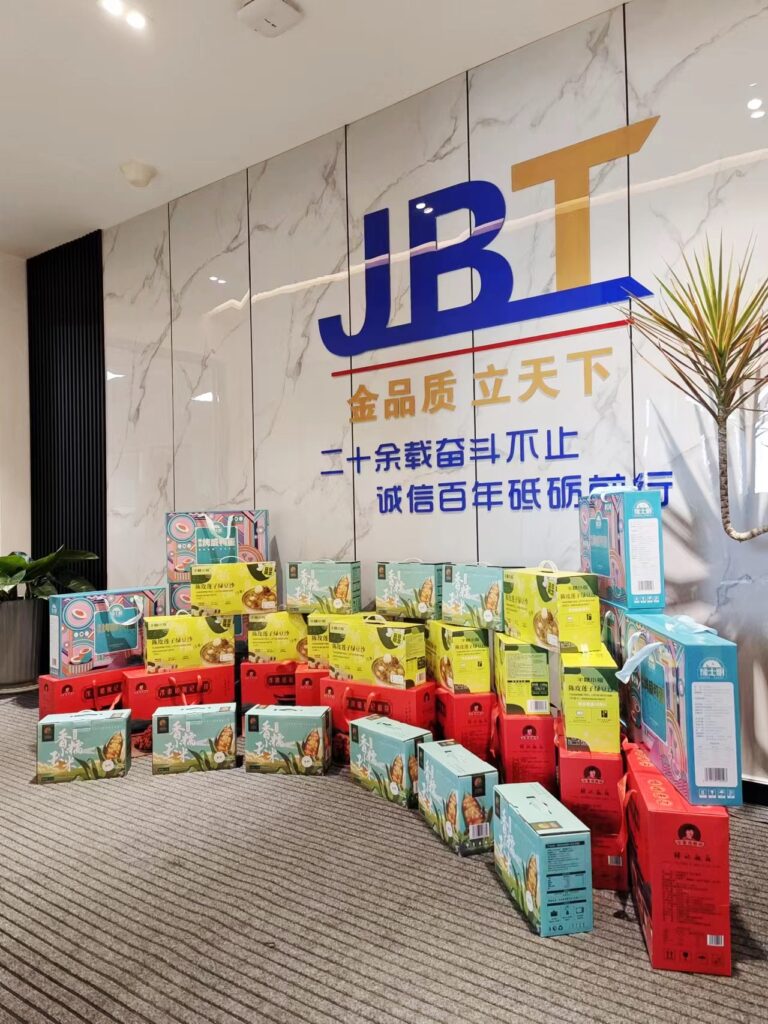FAQ
What is Silicon Metal 441?
Silicon metal 441 is a high-purity grade of silicon metal that is widely used in various industries due to its excellent properties. It contains approximately 99.1% silicon and is characterized by its low levels of impurities, such as iron, aluminum, and calcium. This high-purity grade of silicon metal is produced through a complex process that involves the reduction of silica with carbon in an electric arc furnace.
One of most significant application of silicon metal 441 is aluminum alloys. The addition of silicon to aluminum alloys improves their mechanical properties, such as strength, hardness, and wear resistance. This makes them ideal for use in various applications, such as automotive parts, aerospace components, and construction materials.
In the production of silicone compounds. Silicones are a family of synthetic elastomers that are widely used in various industries due to their unique properties, such as high thermal stability, low toxicity, and excellent electrical insulation. Silicon metal 441 is a key raw material in the production of these compounds, which are used in applications such as adhesives, sealants, lubricants, and coatings.
In conclusion, silicon metal 441 is a high-purity grade of silicon metal that is widely used in various industries due to its excellent properties. Its unique combination of high purity, low impurity levels, and semiconductor properties make it an essential component in the production of solar cells, electronic devices, silicone compounds, and aluminum alloys.
You May Like to Learn More...
Contact Us

JBT produces and supplies silicon metal and ferrosilicon products, mainly products are silicon metal 553, 441, 421, 411 3303,2202, 97, silicon carbide, carbon raiser for steelmaking and casting industries. We also make electrolytic manganese metal, inoculants and nodulizers.
Get in Touch
- info@jbtmetals.com
- +86-372-5032025
- +86-15937282819
- Send Inquiry
- Online Chat
- Qugou Town, Anyang City, Henan Province of China
